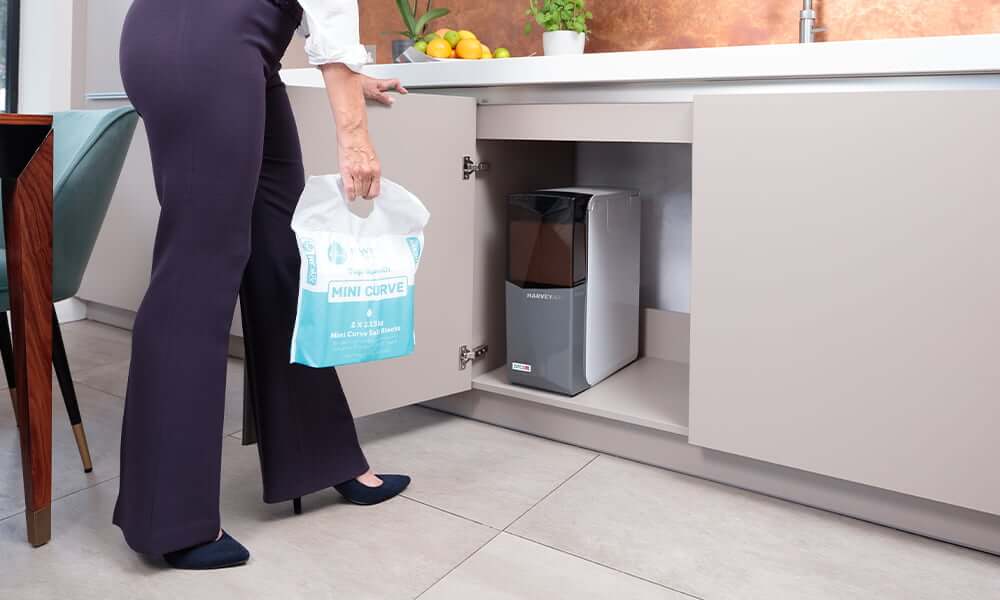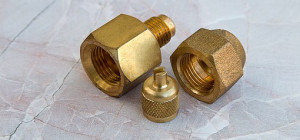There are a lot of theories around water softeners; some say installing water softeners by the best residential plumbing service helps enhance appliance efficiency. And they say it will protect your plumbing network from hard water that causes scale blockage in the dishwasher and bathroom taps that could affect your plumbing system.
Moreover, they recommend water softeners because it assists in saving soap or detergent, easier silverware and mirror cleaning, and healthier skin and hair.
And here, we will check if all these theories are accurate to place and use a water softener in your home.
What Exactly Is Water Softener?
Water in its natural form contains different minerals that give the water the states of hard water or soft water. These minerals such as calcium and magnesium.
If the water has lower calcium & magnesium, then you have soft water but, if the water contains a lot from the above-mentioned minerals, then it’s hard water.
Softening water is essential when the water hardness level is greater than 7 grains per gallon to keep your appliances working properly and to improve the taste, smell, or appearance of your water.
However, there is no necessity to soften your water; it’s a personal choice that you can take to your home. And if you want to measure the hardness of your water, you need to ask an expert company that offers residential plumbing services in Calgary to bring the test kit to check if you need a water softener appliance.
Is It Okay To Drink Softened Water?
After you understand the difference between hard and soft water, there is another important question we need to answer, that is, can you drink soft water that has fewer minerals?
Experts recommend using a filtered water tap alongside your softener for drinking. Filtering helps unsoftened water to drink, and the professional plumbing company will recommend having both systems when installing one.
However, softened drinking water is not considered good for mixing it with baby feeds or those on a low-sodium diet prescribed by a medical practitioner.
And the World Health Organization (WHO) is good as there has never been a reported health-related problem associated with using water softeners.
Things You Need To Know When Installing Water Softeners?
There are a few things you need to know about a water softener before having one in your home for daily usage. A water softener uses salt (sodium chloride), which may have some effect on some of your daily usage so, consider the following if you have a home water softener:
If you or one of your family members has a history of high blood pressure, you need to consult a doctor if soft water is good to use or if you have an unsoftened tap for cooking and drinking.
Also, you can renew your softener water with potassium chloride instead of sodium chloride. Potassium chloride is considered a better choice than sodium chloride, and it’s available almost in all stores.
However, there are down-side to everything, and using a water softener has cons; that it takes all the essential elements needed by the body. Like calcium, magnesium, and iron, these needed minerals are removed by softening water. So you may need to get more of them from your diet.
Gain Benefits For Installing Water Softener:
- Less soap and detergents are required.
- Reduced spotting and scaling in your dishwasher, water heater, and bathroom taps.
- Power saving in water heating due to less scaling.
- Using water softener does not have after taste or smell.
- Keep your skin and hair looking healthier for the minerals that hard water has.
- Protecting your plumbing network from the tie-up.
Does Water Softener Really Worth It?
Will the short answer? Yes. Using water softeners makes a great distinction when it comes to the long-lasting performance of your appliances.
Water softeners are the best for your daily appliances because soft water eases wear and tears on them by containing the scale build-up in the pipes and on taps, which boosts long-lasting and working energy.
Another bonus of using soft water is that it is better for cleaning power. It assists you with using fewer soaps to cleaner results in washing dishes and cleaning the bathroom.
Final Words
This article helped you with all the essential information about water softeners, they work, and the benefits you will get by installing one in your home. So you can feel satisfied when you decide to install one.
Yet, it’s very important to have someone professional and have many great testimonials to have a save to install the water softener. Since they know all the required plumping tools and the best place to install the water softener, and can offer you many other services in plumbing for commercial or residential locations.








